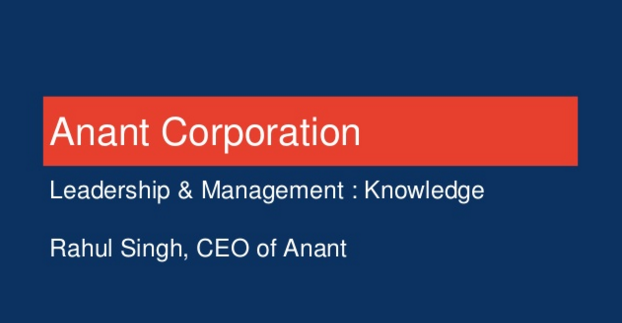There are few leaders that are able to move from a technical managerial or directorial position into the role of a chief and thrive in it off the bat. Many such leaders never manage to reach their utmost potential, the dizzying pace of technological progress is perhaps part of the reason success as a CIO has become more difficult. If you don’t know the differences between a CIO and CTO check out this article here.
It’s safe to say that the companies that are able to use technology not only as a back-office tool to keep the lights running, but as a catalyst for business growth and development, are going to be the companies that will win in the 21st century, and a skillful CIO is key to that success. These are the skills a CIO needs to muster in order to push her organization forward in the digital era.
Top-Down Technology Leadership
In recent times, technology departments have firmly cemented their seat at the executive table. However, this is still a work in progress as technology, and its needs and capabilities, are constantly involving. As a CIO, you’ll need to be able to present to the rest of the leadership why and how technology can drive their own respective lines of businesses forward. Without the buy-in of everyone from high-up, there is bound to be cascading negatives effects whenever any new IT initiatives are in motion.
In some sense, is it part of your job to convince other C-level leaders about the capabilities that your technology team can bring to the business as a whole. As you do this, remember that it’s never going to be a one-and-done type of task, you’ll need to continuously nurture trust and credibility.
Empathy
There is no leader out there that can afford to overlook this skill. It is particularly important for a CIO to work on this, however, as she will often be in the position of spearheading technology solutions that will be cutting across departments and functions. A large part of this will involve cutting down bureaucracy and opening up silos.
Both of these tasks are daunting, and most often one will find that the people who are used to bureaucracy or restricted silos of information will be very resistant to change in those areas. It’ll be your job as the CIO to create respect for these differing opinions and help bridge the gap so that all parties can see the benefits, as well as potential drawbacks, of your teams’ work.
Self Development
A strong CIO needs to know that she is also prone to blind spots, and thus needs to actively be engaging with her network, and other available resources to learn about new technology solutions, practices, and patterns. Having a strong circle of mentors that also lead their own technology teams can be an invaluable resource to be able to rely upon. All the struggles a CIO is going to face, have most likely been faced before in the same, or slightly similar, manner and having someone by your side who has the experience of surmounting such an obstacle can be a big leg up.
Business Savvy
All leaders need to remember the driving force behind their position, and at the end of the day, it tends to always be the bottom line. Whatever work you are pushing forward, must deliver a satisfactory ROI. Irrespective of the framework, stack, or architecture, the technology solely to serve a particular need and it is the conduit by which such a need is alleviated. If there are fewer technologies needed to get something done, then that needs to be assessed. If, on the other hand, there are opportunities to fix something quick and dirty, but yet have negative consequences long-term, you need to have the business acumen to properly make the decision to either a) deal with that long-term consequence or b) convince stakeholders that the cost of deviating from a best practice or company technology norm is too great.
Developing High Performing Teams
The difference between an average and a high performing team is massive. Your ability to hire, fire, and cultivate such teams will most likely be the main barometer of your success as a CIO. Your job, no matter how technical of a background you possess, will rarely involve you requiring to use those skills day-in and day-out, you will need to use them instead to formulate the vision, strategy, and long-term reliable architecture. However, no matter how well you have laid down the vision, if the teams you have helped grow don’t have the cohesiveness or drive to accomplish them, you and your company will fall flat.
Notice that, we are not speaking about developing good teams, we are speaking about creating high performing teams. You need to be able to create the strongest possible technology teams at your company and make that a priority of your position as that is the ultimate multiplier of your work.
Conclusion
There are many skills that a CIO can possess for her to be successful, yet we believe that these five skills form the crux of what it takes to truly fulfill your potential as a CIO.
Have a different opinion or feel like we missed something? Don’t hesitate to reach out to me at arturs@anant.us.



